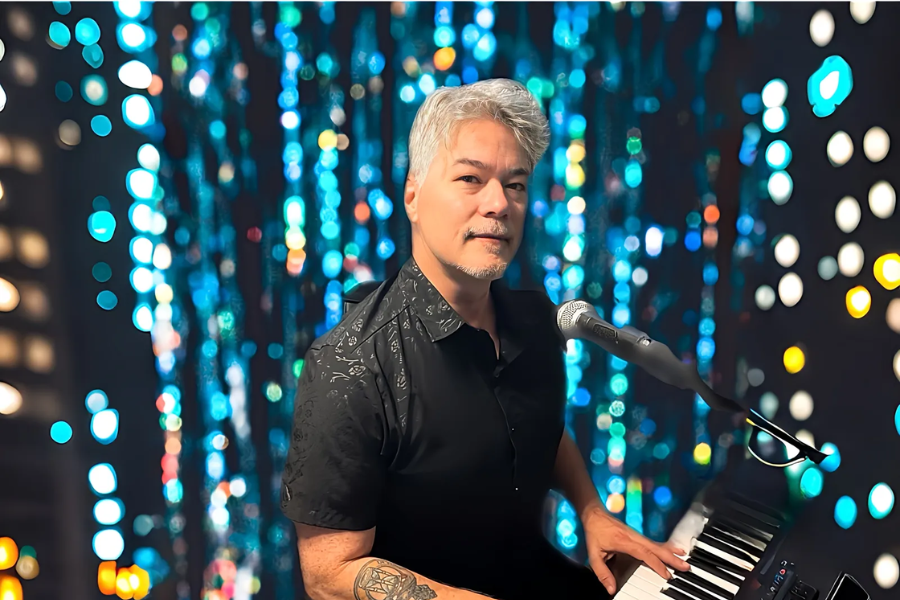Introduction
Spelling bees have long captivated audiences with their suspenseful display of linguistic prowess and memory. Each year, participants from across the world gather to compete in the ultimate test of spelling ability, challenging themselves with words that are often as difficult to pronounce as they are to spell. These competitions not only highlight the contestants’ spelling skills but also their deep understanding of etymology, language patterns, and cultural influences.
In this article, we will explore the fascinating world of spelling bee words—some of which have become famous for their difficulty—by diving into the origins, meanings, and characteristics of the words commonly found in these competitions. As we go along, we’ll also take a closer look at the intellectual rigor required to succeed in a spelling bee, and why certain words often leave competitors stumped.
The Origins of Spelling Bee Words
Spelling bee words are not arbitrary; they come from a variety of linguistic backgrounds, showcasing the richness of the English language. Many of these words come from foreign languages, including Greek, Latin, French, German, and others, making them tricky to spell. For example, words like pneumonoultramicroscopicsilicovolcanoconiosis, which refers to a type of lung disease caused by inhaling fine silicate dust, are prime examples of how long, complex words can come to dominate the stage.
The words used in spelling bees come from a long tradition of careful selection by experts who aim to push the boundaries of language and challenge participants. Each year, these words are meticulously chosen by dictionaries and linguistic specialists who want to test competitors’ knowledge of obscure and difficult terms. The competition is designed to not only evaluate spelling skills but to encourage an appreciation for the nuances and complexities of language.
Characteristics of Spelling Bee Words
Spelling bee words typically exhibit several key characteristics. First, they are often long, multi-syllabic words that require a strong command of phonetics and linguistic patterns. Many of them have tricky silent letters, unusual letter combinations, or patterns that don’t follow the typical rules of spelling. These characteristics make them more difficult for contestants to master.
Another important feature is the presence of roots, prefixes, and suffixes that originate from foreign languages. Words like sophomore (from Greek), ballet (from French), and cliché (also French) are prime examples of words in a spelling bee that have been borrowed and adapted over time. Understanding the root of the word can often help spellers decipher the correct spelling.
Furthermore, spelling bee words are often highly specific in their usage, referring to specialized areas like medicine, science, art, and history. Terms such as antidisestablishmentarianism, hippopotomonstrosesquipedaliophobia, or floccinaucinihilipilification are not words that most people use on a daily basis, but they demonstrate the immense depth of vocabulary required to compete at the highest level in spelling bees.
Examples of Challenging Spelling Bee Words
Each year, there are a number of words that leave spelling bee competitors scrambling. These words often become the highlight of the competition, as audiences eagerly await to see who can successfully spell them. Some of the most challenging words from recent competitions include:
- Dysphoria: This term refers to a state of unease or dissatisfaction. It is derived from Greek, combining dys (meaning “bad” or “abnormal”) and phoros (meaning “bearing” or “carrying”). The complexity lies in its pronunciation and the potential confusion with similar-sounding words like dysphasia or dyslexia.
- Euouae: Often considered one of the toughest words in the history of spelling bees, euouae is a six-letter medieval musical term that refers to a cadence or tone used in Gregorian chant. Its rarity and unusual structure make it a difficult word for many contestants.
- Knaidel: A Yiddish word for a type of dumpling, knaidel was featured in the National Spelling Bee in 2016. With its unusual combination of consonants and vowels, it stumped many contestants who struggled with the pronunciation and spelling.
- Mnemosyne: This term refers to the Greek goddess of memory. The word is derived from Greek, and its spelling is challenging due to the initial “mn” combination, which is not common in the English language.
- Serrefine: A term related to a type of clamp used in surgical procedures, serrefine exemplifies the specialized vocabulary that appears in advanced spelling bee competitions. Its unfamiliarity makes it a tough challenge for many participants.
These are just a few examples of the kinds of words that can throw even the most seasoned spellers off track. What makes these words so challenging is not just their complexity, but their infrequent usage in everyday life, which makes them harder to memorize and apply in competition.
The Intellectual Rigor of Spelling Bee Participants
Participating in a spelling bee requires more than just memorizing a list of words. It demands an intellectual rigor that encompasses an understanding of etymology, linguistics, phonetics, and the cultural context in which a word was used. Successful spelling bee contestants typically spend years preparing, learning not just the spelling of difficult words but also their meanings, origins, and proper usage.
A critical aspect of spelling bee preparation is understanding the patterns that make certain words difficult. Spellers are trained to look for common letter combinations, recognize prefixes and suffixes, and break down multi-syllabic words into smaller, more manageable components. For example, when asked to spell a word like anemone, a seasoned competitor would likely break it down into its roots and pronunciation—a-ne-mo-ne—and use that knowledge to spell the word correctly.
This type of mental discipline extends beyond just learning how to spell words. Spellers must also develop strategies for coping with stress and the pressure of competition. With thousands of spectators watching, the tension during the final rounds of a spelling bee can be immense, and maintaining focus in those moments is just as important as knowing the correct spelling.
The Cultural Significance of Spelling Bees
Spelling bees have become a deeply ingrained part of American culture, representing not just a competition of spelling ability but also a celebration of intellectual achievement. For many young participants, competing in a spelling bee is a rite of passage, a way to prove their linguistic prowess and earn recognition within their communities. The National Spelling Bee, in particular, has gained national prominence, with contestants becoming household names and inspiring future generations to pursue excellence in academics.
Additionally, spelling bees have become a platform for cultural exchange. As more students from diverse backgrounds participate, the range of words used in competitions has expanded to include terms from different languages and cultures, reflecting the multicultural fabric of modern society. Words from Arabic, Chinese, and Indian languages are becoming increasingly common, which not only tests competitors’ knowledge of English but also encourages them to engage with the global nature of language.
Conclusion
The world of spelling bee words is both fascinating and complex, a testament to the beauty of the English language and the intellectual prowess required to navigate it. Each word, from the simple to the seemingly impossible, represents the deep connections between history, culture, and communication. Spelling bee participants exemplify the commitment to learning that drives them to master some of the most difficult words in existence.
As spelling bees continue to evolve, so too will the words that challenge the next generation of competitors. What remains unchanged is the dedication and perseverance needed to succeed in this unique and intellectually demanding competition. Whether it’s a word like antidisestablishmentarianism or a rare gem like euouae, these words will continue to test the limits of human memory and language, making spelling bees an enduring symbol of the beauty and complexity of the written word.












Leave a Reply